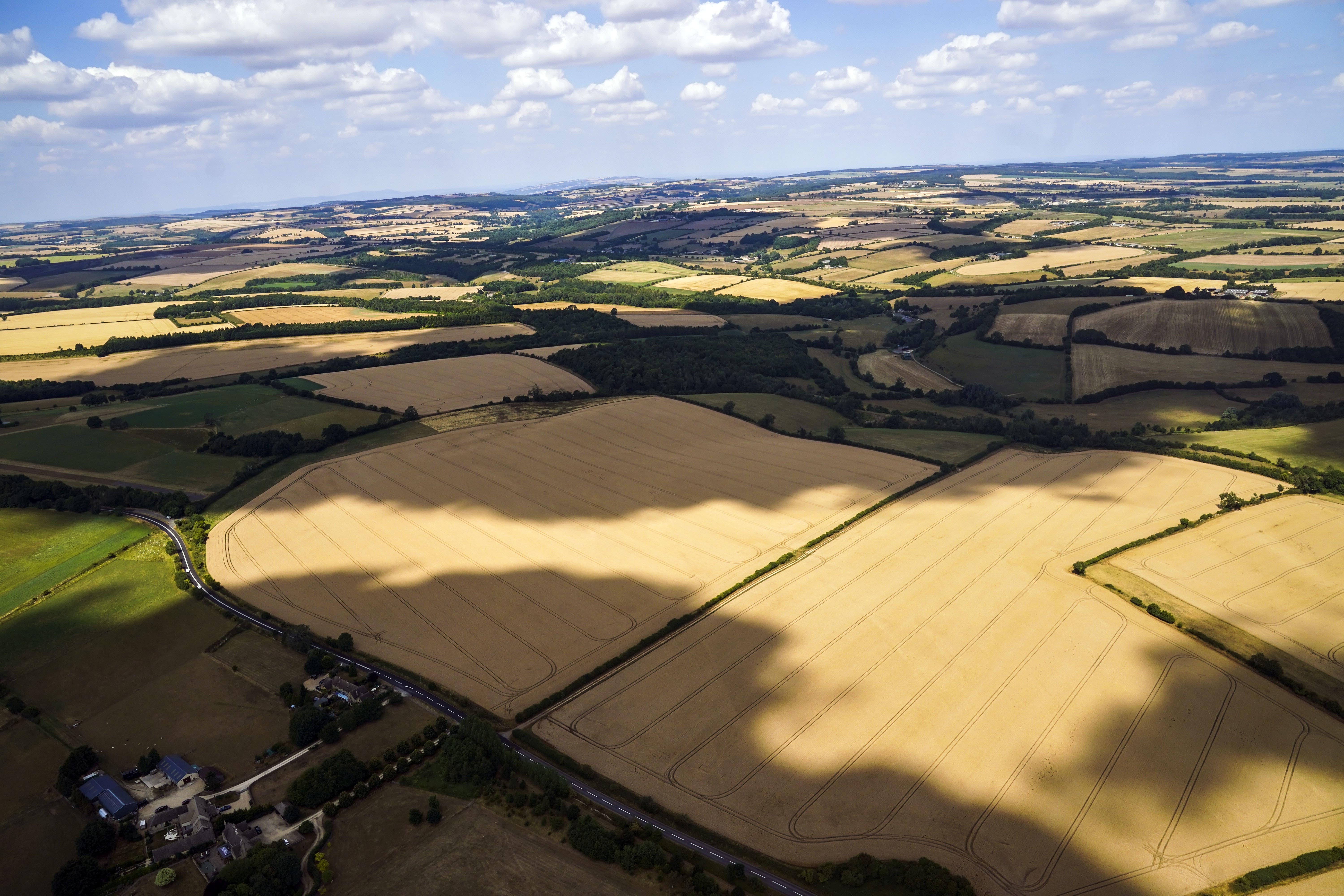Fate of Thames Water and budget for nature-friendly farming in Labour’s in-tray
The new Government has been warned it must ‘hit the ground running’ and ‘crack on’ with action for the countryside and nature.

Labour inherits a host of environmental issues that will need to be dealt with by a department which is unprotected and could face a further financial squeeze.
The new Government is already being urged to “hit the ground running” and “crack on” with nature recovery and investment to support the countryside, where it has won many rural seats as the old “Tory Shire” stereotype fades away.
High on the agenda for new Environment Secretary Steve Reed will be the polluted and degraded state of rivers, lakes and coastal waters, which have prompted widespread criticism of government and water companies along with high leakage rates and shareholder pay-outs.
While it has pledged to rein in the water companies, one of the first challenges Labour will face is the looming crisis over funding at Thames Water, with Ofwat set to publish draft rulings next week on water companies’ business plans for the next five years, a potential crunch point for the debt-laden utility.
A worst-case scenario could see the new Government forced into enacting some form of temporary nationalisation of Thames Water.
For Britain’s farmers, the number one priority for the new Labour Government must be to set an increased multi-year agriculture budget
The election has also come after the UK saw its second wettest autumn and winter on record, as storms flooded homes and left fields sodden and unplantable, with analysis suggesting the extreme rainfall was made more intense by global warming.
Farmers have endured a torrid winter, which in England comes as the sector moves over to a new post-Brexit payment system of Environmental Land Management schemes (Elms) which pays for “public goods” such as healthy soil and habitat creation, replacing subsidies based largely on area of land farmed.
While Labour’s manifesto pledged to make Elms “work for farmers and nature”, it was silent on the level of funding it would commit to the scheme in this Parliament, something which National Farmers’ Union (NFU) president Tom Bradshaw labelled “deeply disappointing”.
In the wake of the election result, Mr Bradshaw said: “For Britain’s farmers, the number one priority for the new Labour Government must be to set an increased multi-year agriculture budget for the duration of the next Parliament.
“This is about investing in the future of British farming – in homegrown food, in the environment and in renewable energy.”
Country Land and Business Association (CLA) president Victoria Vyvyan said: “The new Government must hit the ground running.
“From providing certainty around the farming budget to overhauling the archaic planning system, it needs to go for growth with a robust and ambitious strategy for the countryside.”
Significant further investment is needed for nature, not least in nature-friendly farming
The Elms programme is also key to delivering targets in the Environment Act, such as halting the decline in species by 2030, which Labour has committed to meeting, and conservationists have called for a ramp-up in investment for nature-friendly farming.
There will be key demands from green groups which failed to materialise in the last parliament, including a ban on sale of horticultural peat and support for reintroducing lost species such as beavers to the wild.
And conservationists will also be looking to the new Environment Secretary to deliver on tree-planting targets and a global commitment to fully protect 30% of land and sea by 2030.
Richard Benwell, chief executive of the coalition of nature and conservation groups Wildlife and Countryside Link, said the General Election showed a strong public mandate for action on nature and climate.
“Now Government can crack on to deliver nature recovery and clean power by 2030,” he said.
“Sir Keir Starmer’s team will need a clear plan on planning reforms and prioritising space on land and at sea, which enable nature recovery and the renewable energy we need, with investment in both to match.
“Significant further investment is needed for nature, not least in nature-friendly farming, with the opportunity to raise funding through a levy on those that pollute our environment paying to restore our waters, air and soils.”
Bookmark popover
Removed from bookmarks